In a Green Future, VW Boss Sees Hope for Sedans

Through the end of October, Volkswagen of America’s efforts to gain a 5 percent share of the country’s new vehicle market (by 2020) continued apace, with sales up 5 percent over the same period a year earlier. This sales bump has two crossovers to thank, not cars.
No, definitely not cars.
Still, VW CEO Herbert Diess, when questioned about the brand’s slowly deflating car lineup, doesn’t believe the future involves a light truck-only landscape. To him, the limitations of existing battery technology means future buyers won’t decrease their horizons just for the sake of cargo space. The sedan, Diess claims, is probably not in danger.
Year to date, VW passenger car sales fell a significant 31 percent, with the brand’s overall volume helped by a 170 percent increase in crossover purchases. The three-row Atlas, which went on sale in May of 2017, climbed 29 percent, year over year, in October, while the enlarged Tiguan posted an 84 percent YoY gain. A departing Tiguan Limited added a handful of sales to the tally.
Meanwhile, the Golf, Jetta, and Passat all trended downwards as the low-volume Beetle (now sentenced to death) stayed flat. The only monthly bright spots for VW cars? That’s reserved for the next-gen 2019 Jetta sedan, which saw a 10 percent year-over-year increase last month, and the Golf R, which rose 365 percent (to 144 vehicles).
Speaking to Automotive News ahead of the release of the larger, semi-luxury Arteon sedan, Diess said he questions the sentiment that sedans have no place in our automotive future.
“Should we give up on sedans? Some say that, but I don’t think so,” Diess said, pointing to China as something of a canary in a coal mine for the segment.
“In China, for instance, they’ve been shifting toward SUVs for the last 10 years, and incredibly fast for the last five years. Their SUV share now is as high as it is in the United States. It’s an incredible shift. But in the past five months, SUVs have stagnated and sedans are coming back.”
Why the shift? Electrification — a trend taking hold far quicker in China and Europe than the U.S. and Canada. While the EV market here doesn’t have the same level support from governments (here, “support” means as much the penalization of internal combustion vehicle purchases as state subsidies for EVs), battery electric vehicles are indeed making headway. Longer-range battery packs will do that. However, those packs are better at moving vehicles with less mass longer distances.
Physics and cost are, for now, on the side of small cars, Diess said, adding, “the big SUVs have a disadvantage because of their relatively high fuel consumption, which would require huge batteries. So to make big SUVs viable in the electric world is complicated. So if you have 50 km or 50 miles more range on a sedan, you might consider a sedan again.”
Wishful thinking?
[Image: Volkswagen]

More by Steph Willems
Latest Car Reviews
Read moreLatest Product Reviews
Read moreRecent Comments
- Redapple2 4 Keys to a Safe, Modern, Prosperous Society1 Cheap Energy2 Meritocracy. The best person gets the job. Regardless.3 Free Speech. Fair and strong press.4 Law and Order. Do a crime. Get punished.One large group is damaging the above 4. The other party holds them as key. You are Iran or Zimbabwe without them.
- Alan Where's Earnest? TX? NM? AR? Must be a new Tesla plant the Earnest plant.
- Alan Change will occur and a sloppy transition to a more environmentally friendly society will occur. There will be plenty of screaming and kicking in the process.I don't know why certain individuals keep on touting that what is put forward will occur. It's all talk and BS, but the transition will occur eventually.This conversation is no different to union demands, does the union always get what they want, or a portion of their demands? Green ideas will be put forward to discuss and debate and an outcome will be had.Hydrogen is the only logical form of renewable energy to power transport in the future. Why? Like oil the materials to manufacture batteries is limited.
- Alan As the established auto manufacturers become better at producing EVs I think Tesla will lay off more workers.In 2019 Tesla held 81% of the US EV market. 2023 it has dwindled to 54% of the US market. If this trend continues Tesla will definitely downsize more.There is one thing that the established auto manufacturers do better than Tesla. That is generate new models. Tesla seems unable to refresh its lineup quick enough against competition. Sort of like why did Sears go broke? Sears was the mail order king, one would think it would of been easier to transition to online sales. Sears couldn't adapt to on line shopping competitively, so Amazon killed it.
- Alan I wonder if China has Great Wall condos?



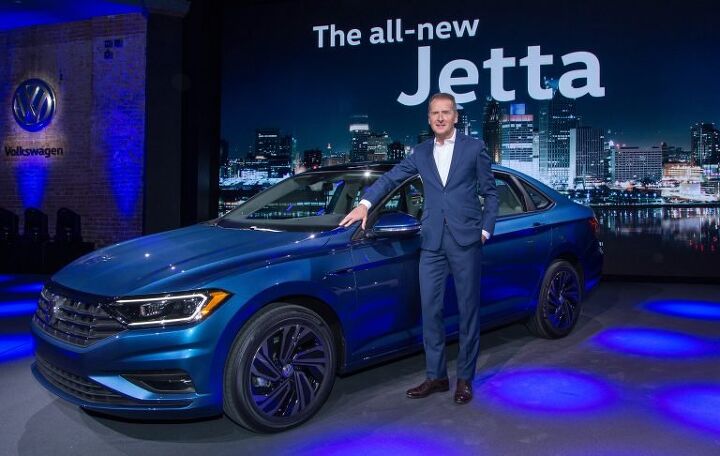















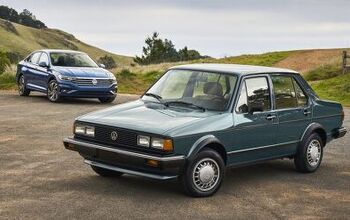
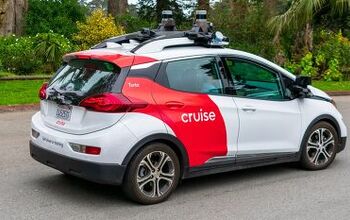

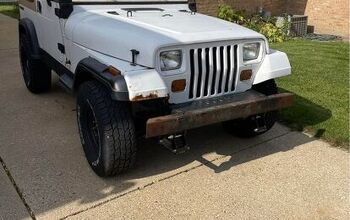






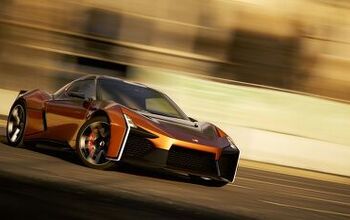
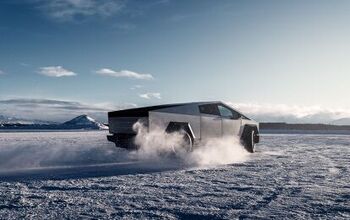

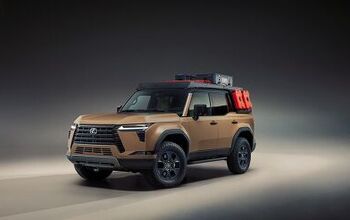

Comments
Join the conversation
How Europe can be ahead of US if the only EV made are Teslas? Or they secretly make European EVs we are not aware of?
How's Ollie Schmidt doing? Lingering in jail? In the FBI's witness protection program?